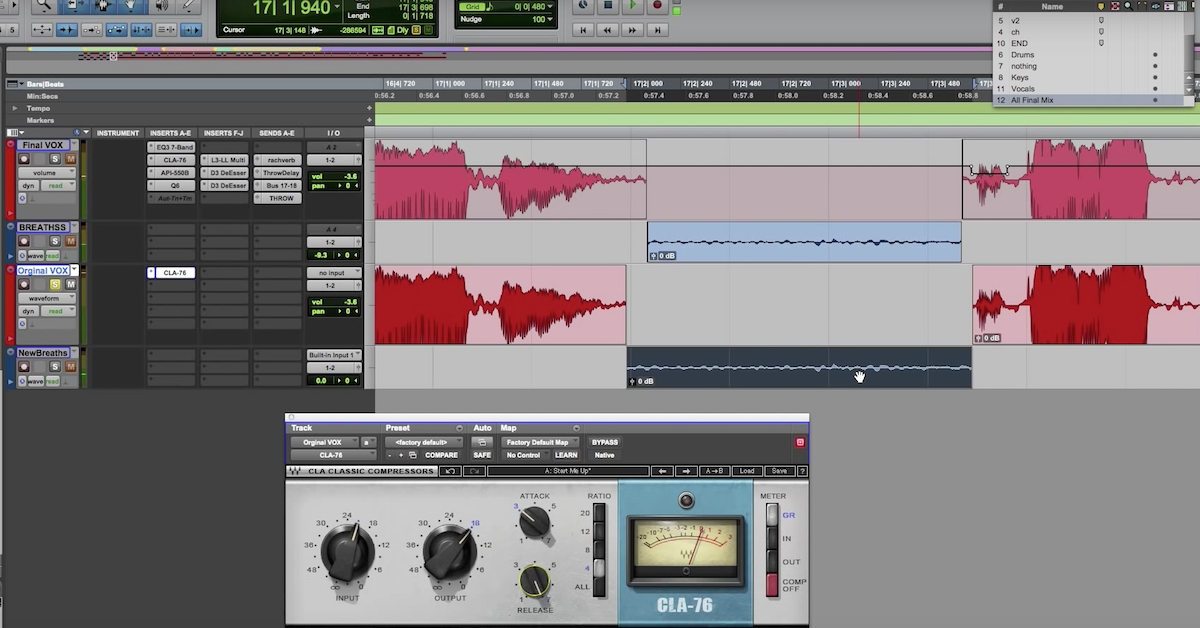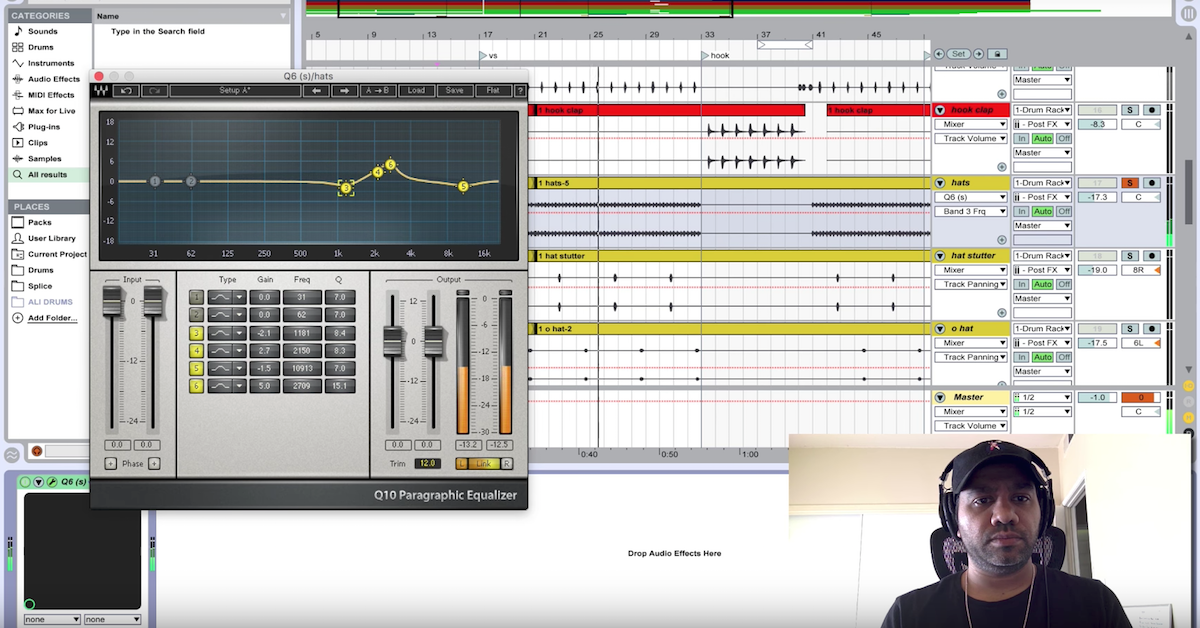Understanding Performance Rights
Article Content
If you’ve done a little research on music royalties, you may have come across the concept of “performance rights”. A songwriter has the right to be paid when their music is performed publicly. But where do these royalties come from? How does a single play on radio or television end up in a songwriter’s pocket? And what qualifies as a “performance”, exactly? This article will examine different aspects of performance rights and how royalties are distributed.
Performance rights income is generated from the performance, broadcasting or streaming of music compositions. Any time a song is played on the radio, broadcast on television, screened in movie theaters, played in bars and clubs, performed live in concert, or streamed online, the owner of that song’s copyright receives a payment. The payments from an individual performance can be small, but a song in heavy rotation on radio and in other venues can generate significant royalties from performance rights.
Where Did Performance Rights Originate?
Performance rights laws were originally drafted to ensure that concert venues paid composers and their publishers each time their works are performed. In 1941, the US Department of Justice issued consent decrees, legal rules that established standardized rates of payment for performance and broadcasting. These decrees serve as the basis for the performance royalty rates that are in place today.
What Does a Performance Rights Organization Do?
Performance rights organizations, or PROs, collect fees from broadcasters and music venues, and then distribute those fees to writers and publishers. PROs in the United States include ASCAP, BMI, and SESAC. These organizations track performances and broadcasting of music nationwide, collect fees for each performance, and calculate the royalty payments to copyright holders for each song performed. The process for making these calculations is kept secret from the public. There is no way for us to know exactly how much one spin on an FM radio station, or performance at a large festival, will generate in performance royalties. Nevertheless, it follows common sense that a song in heavy rotation on multiple commercial radio stations will generate higher fees than a song played only once on the radio.
Once these distributions are calculated, they are distributed 50/50 to the writer and publisher of a work. Performance royalties are not, however, distributed to performers. Performance rights exist only for compositions, which belong to the writer and publisher. Recordings, which generate royalties for performing artists, have no performance right in the United States. (The United States is the only country with a recording industry that does not require compensation for recordings when they are broadcast publicly.) Most recording artists under contract with a label are listed as a writer on the copyright to the songs they record, even if their contribution to the music is marginal. This arrangement preserves their share of performance rights income. However, in the event where somebody covers a hit song, the performer is entitled to 0% of the performance royalties.
Who Pays for Performance Rights Royalties?
Music venues, broadcasters, and music streaming services pay fees to PROs. An organization that intends to perform, stream, or broadcast copyrighted music pays yearly fees to license works from these organizations, at a cost of hundreds or thousands of dollars per year. A venue or broadcaster with more listeners will pay higher annual fees.
The venues required to pay PRO license fees include many bars, clubs and restaurants that play music during business hours. If a business hosts dancing on its premises, has more than four loudspeakers or can host a large occupancy, they are likely required to pay license fees to PROs or cease playing copyrighted music. Small rooms with few speakers and no dance events can occasionally get away with avoiding these fees. A Pandora business account, for example, allows a café or restaurant to play copyrighted music for a lower fee than a PRO license. Pandora pays performance royalties for songs broadcast on the service, but at a lower rate of pay than PRO licensing fees.
Registering Musical Works
In order to receive performance rights income, a writer must register with a PRO. A writer can only register with one organization at a time. The writer subsequently registers each song or composition into that PRO’s database. If there are multiple writers, a PRO allows the user to enter credits for multiple writers and to assign percentages to each writer. All individuals involved in writing or producing a song should agree upon the percentage of equity assigned to each party before registering the work. It’s best to keep that agreement in writing, and even better if all parties are in the room to register their works on the PRO website together.
Registering as Writer and Publisher
If a writer is not under contract to a label, they act as their own publisher. This requires registering two different accounts with a PRO, one as writer and one as publisher. In the case of ASCAP, this involves making two payments to register an account instead of one. However, this registration is well worth it, as a writer who neglects to register as a publisher would forfeit the publishing share of their royalties back to the PRO, who will see nobody listed as the publisher for that writer’s works.
Should I Register with ASCAP, BMI or SESAC?
Writers are ineligible to work with SESAC unless they are personally invited to join, so let’s focus on ASCAP and BMI. Both organizations work on a not-for-profit basis and serve the majority of works registered in the United States. As the number one performance rights organization, ASCAP collects more in fees each year and pays out a greater sum of royalties than BMI. It requires a registration fee of $50 for the writer’s share and an additional $50 for the publisher’s share. BMI became popular during the rise of the blues and rock & roll music, attracting clientele by offering registration at no cost. The choice of the best PRO is up to you to decide. Examine their writer’s agreements, and discuss with your fellow songwriters whether they’re happy with their choice of PRO.
Conclusion
Performance rights are an essential source of revenue for writers. Performance rights organizations will scour the web, radio, and music venues to collect the maximum amount of revenue to distribute to writers and publishers. Performing artists will not receive these royalties unless they are credited as writer or cowriter. Once a writer selects their desired PRO, they can register an account and upload information for each piece of work they’ve written. Once their works are registered, the PRO can collect and distribute royalties each time a work is performed. A song in heavy rotation can generate major income; so don’t hesitate in registering your works!





